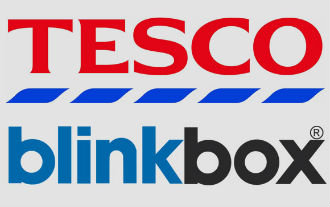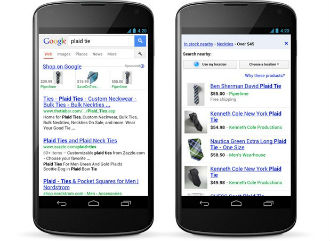 TalkTalk confirmed that it has written a cheque for Tesco’s Blinkbox Movies business and in a three for two deal bought the supermarket giants budget fixed line broadband and phone customers.
TalkTalk confirmed that it has written a cheque for Tesco’s Blinkbox Movies business and in a three for two deal bought the supermarket giants budget fixed line broadband and phone customers.
Tesco has been suffering from a pile of financial hurt and has been looking to offload some of its less lucrative assets. Web-based Blinkbox video streaming service was given a kicking from better offerings from Netflix, Amazon and NOW TV.
Tesco originally took ownership of Blinkbox for £3m in 2011. Since then the supermarket giant has added Blinkbox Books through the £4.5m acquisition of digital book service Modcast and they later paid £10.8m to buy music streaming service WE7, which was turned into Blinkbox Music.
But the service has not made enough cash and last we heard made a post-tax loss of £24.7m on total revenues of just £3.5m.
Vodafone and TalkTalk were known to have an expressed an in the service.
TalkTalk said that the integration of blinkbox with its YouView based TV business would “begin immediately” through a restructuring of the combined platform.
Adrian Letts, Blinkbox CEO and Co-Founder, will join TalkTalk as Managing Director for TV and report to Tristia Harrison, Managing Director of the ISPs consumer business.
Buying Tesco’s broadband base is another example of TalkTalk trying to make its national network to grow faster.
Apparently Tesco’s broadband customers, which were still using Vodafone’s LLU telecoms network, will be transferred across to the TalkTalk platform by September 2015.












